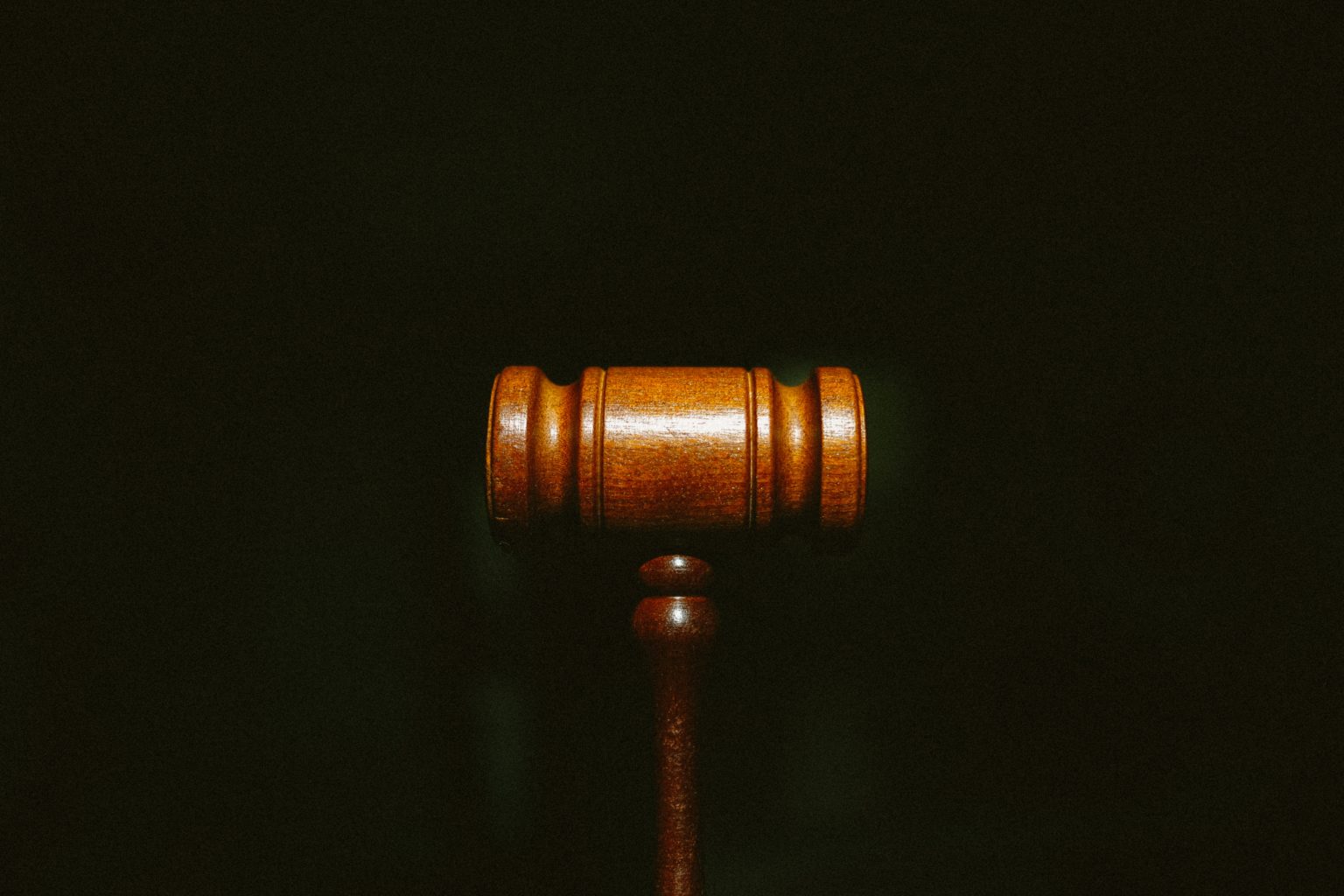Not long ago I wrote a blog post about the value of “but it’s not fair” damages. To recap, just, no. There is no jury instruction on, or inherent value to your case in, an “it’s not fair” argument, where there is no one to assume liability.
I am compassionate and empathetic and will hold hands through the bad. But I’m also going to be the first to tell my clients to cut it out. There is no room for self-pity.
I’ve recently fielded a number of recent inquiries from injured persons about legal rights and potential claims. I realized how my “it’s not fair” blog easily bleeds into the “OK, you’re injured, but … who, exactly, do you want me to sue?” topic of liability.

The importance of liability
I think one of the most basic concepts in the world of injury law is overlooked by attorneys when advertising, and by the general public when seeking assistance.
What concept? Oh, a little thing called liability.
The fact is, and always will be, that sometimes, accidents just happen. Sometimes, bad things happen to good people. Sometimes, there is NOBODY to blame. This basic principle is seemingly lost in our very litigious society.
Yep, you got it. I am a plaintiff’s attorney telling you right now that our society has become too litigious. This is why I will never be a billionaire. But I’d rather sleep at night than mislead clients and tie up our overstretched court system with frivolous claims.
(As you read this I can FEEL YOU thinking “McDonald’s coffee case” and I must urge you to research that case because it is absolutely, hands down, NOT frivolous, in any way. I welcome a debate, my email address and phone number are easily accessible. I digress.)
Injured, but no one to sue
Among some of the calls I received recently were “I got out of bed in the middle of the night (in my own home), it was dark, and I broke my leg when I tripped and fell.” And “I was cutting a tree branch at home, and it fell on me.”
Sadly, despite serious injuries to each of these people, these sorts of things fall under the category of “OK, you’re injured but … who, exactly, do you want me to sue?”
Of course, we took the time to delve into all potential fact patterns and circumstances of each. But ultimately, the general rule of thumb is that making a claim for an injury is predicated on someone, or something, other than yourself, being at FAULT for the injury you have suffered.
As always, I urge you to seek counsel to ensure that your rights are fully protected. However, a simple understanding of this very basic concept is a great start.